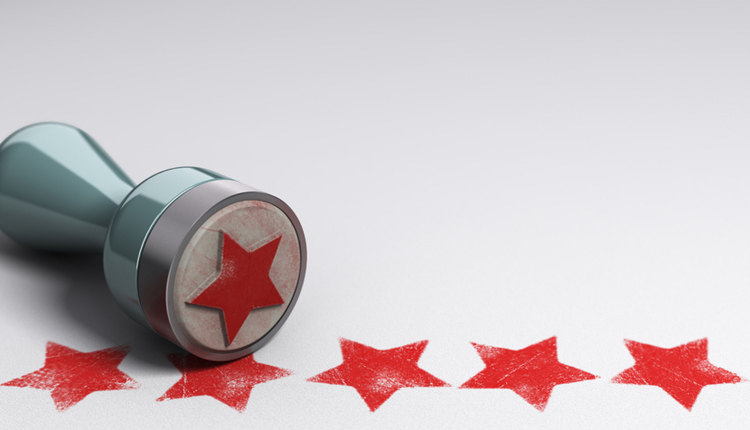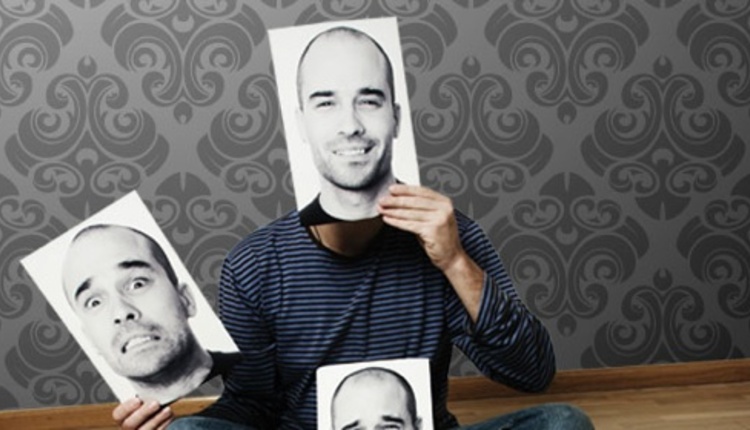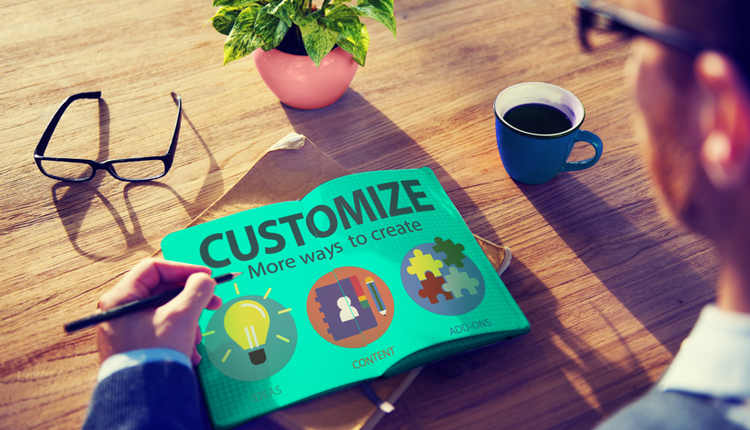I read that the chief economist of Moody's Economy.com has proclaimed that the recession is over. And in January, Forrester Research said that the tech recession was "unofficially over," predicting that 2010 tech spending in the US would increase by 6.6% over last year, with most growth in hosted services. It seems to me that cloud computing offers a viable option for companies afraid that their capex aversion has caused them to lose a step or two.
Overall, the people I talk to from our industry think that the worst is behind us, but I don't see a lot of euphoria, either. Many of us feel as though we've been on a very, very long flight during which our seatbelts have been too tight, we've had to pay for our peanuts and been expected to work with our laptops teetering on small flimsy tray tables. We're all still trying to do more with less.
A year ago, billers were laser focused on getting paid and avoiding delinquencies and defaults. High unemployment, continued foreclosures and the possibility of a "jobless recovery" sustains these concerns, although I think that now billers are thinking a lot about "how" in addition to "whether" they'll get paid. Over the past year, there's been some real momentum in electronic bill presentment and payment (EBPP) and paper suppression initiatives. Adding "e" to the mix has yielded mixed results, however, if the ultimate goal for billers is to cut costs.
By implementing e-services, billers have succeeded in giving consumers the full panoply of payment choices. For many billers, this menu board of options actually works at cross-purposes to their goal of reducing costs. Back office consolidation of incompatible payment channels can be a real nightmare.
Cheaping out on EBPP can come back to bite you. Forrester recently predicted that the number of bills paid by online banks and other billing consolidators would exceed biller direct sites by 2012. That means that billers' EBPP sites will have growing competition. Given the high rate of exceptions that result from consolidator payments, billers should be highly incentivized to adopt best-in-class EBPP platforms that are well integrated, easy and convenient for their customers to use. They must also be positioned to consistently talk to their customers by providing information, opportunities and a reason to come back!
Getting back to the ultimate goal for billers (cost reduction), presentment and payment are not two Ps in a pod. Consumers need to be nudged to suppress paper, even after they've embraced the convenience of paying online, and consumers can be very set in their ways.
We can learn a lot from the experience of the wireless carriers. They've been out in front in the paper suppression game, in large part because they are relatively new to the party and also because their customer base is younger than the population as a whole. They've tried various methods to influence payment preferences, including plan terms and conditions, incentives and even penalties for paper (think T-Mobile). According to Verizon, 168,000 of its customers signed up for paper-free billing during the carrier's "Get Your Green On" campaign, which ran from August through October of last year. True, Verizon's customers have saved thousands of trees, but do you think that customers would have responded as well had there been no prize drawings involved? Sure, I'll get my green on driving my free Prius.
It should come as no surprise that what really influences consumer behavior is marketing. Any biller serious about paper suppression should invest the time, effort and dollars to execute on a well-developed marketing strategy. When people ask me why there's still so much paper billing out there, my answer is "lack of effective marketing." Even if you build and they come, will they come back month after month time and time again?
So billers, grab your marketing hats, or find someone who's wearing one. Have a long-term strategy to upgrade, enhance and keep your experience fresh!









